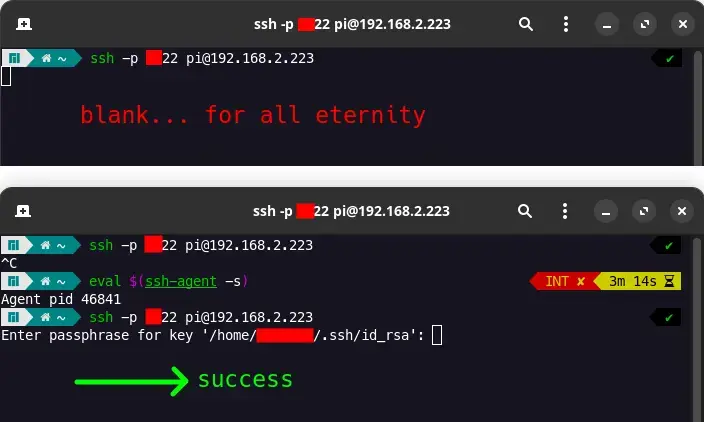115
you are viewing a single comment's thread
view the rest of the comments
view the rest of the comments
this post was submitted on 14 Aug 2024
115 points (98.3% liked)
Linux
48920 readers
852 users here now
From Wikipedia, the free encyclopedia
Linux is a family of open source Unix-like operating systems based on the Linux kernel, an operating system kernel first released on September 17, 1991 by Linus Torvalds. Linux is typically packaged in a Linux distribution (or distro for short).
Distributions include the Linux kernel and supporting system software and libraries, many of which are provided by the GNU Project. Many Linux distributions use the word "Linux" in their name, but the Free Software Foundation uses the name GNU/Linux to emphasize the importance of GNU software, causing some controversy.
Rules
- Posts must be relevant to operating systems running the Linux kernel. GNU/Linux or otherwise.
- No misinformation
- No NSFW content
- No hate speech, bigotry, etc
Related Communities
Community icon by Alpár-Etele Méder, licensed under CC BY 3.0
founded 5 years ago
MODERATORS

Where is the key? What are the permissions for it?
it got 600 both the private and public key, stored in ~/.ssh/
Often permissions can be an issue. I'd check permission for directory and files and hinr directory for user and group.
Sample permissions here: https://jonasbn.github.io/til/ssh/permissions_on_ssh_folder_and_files.html
Many. Ssh issues I've had have been permissions issues.
yeah I copied the permissions as shown, makes no difference. Maybe the ownership is wrong? Both group and owner is me